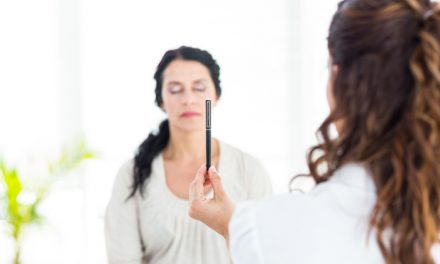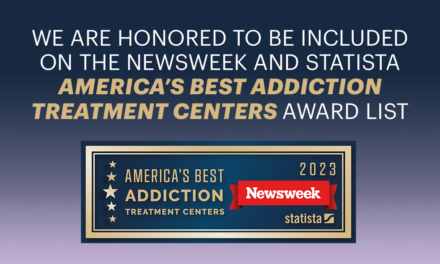Most of us learn to make excuses at a young age. As children, we make excuses to our parents (“I didn’t know it would break if I picked it up!”). We make excuses to our teachers (“I didn’t do my homework because my little sister kept interrupting me!”). We make excuses to our friends (“I can’t come to your house because my dad is making me mow the lawn!”).
We hone our excuse-making ability over the years. Generally speaking, we get better at it. We know how to deflect our coworkers when we are going to miss a deadline. We know how to cajole our spouse into forgiving us for making a large purchase without discussing it first. We know how to get out of social events we don’t want to attend. For better or for worse, we become quite skilled at manufacturing excuses on a moment’s notice.
Most of the time, this is no big deal. In fact, deftly delivered excuses can make an awkward situation less awkward, prevent an argument, or buy us some time to finish a project. Even when someone sees through our excuses, they generally don’t have long-term consequences.
But if you are making excuses about your use of drugs or alcohol and your unwillingness to get help, that is a different story entirely. Those excuses may seem harmless, but they decidedly are not. Making excuses to avoid getting help for your substance use disorder actually puts you in danger—and may very well upend your relationships, your work or schooling, and more.
Let’s take a look at a few excuses you may be making to avoid getting the help you need.
Excuse #1: Listen, Everything is Fine
Maybe your substance use disorder is not obvious to others. Things might be going well at work or at school. You may have a big circle of friends and a steady, loving relationship. And since it isn’t obvious to others, you may be ignoring it, too. If no one can spot your substance use disorder, it must not be a problem, right?
Wrong. You may be what is known as a high-functioning addict, but you are still struggling with an addiction. And eventually, the substance use hiding in the background of your life will find its way to the forefront.
Why would you wait for that to happen? Set this excuse aside and get the help you need now.
Excuse #2: Look, I’d Be Embarrassed About Going to Rehab
This excuse, of course, is often linked with what we have discussed above. You have a public face that you have carefully crafted so that the world sees you as a confident go-getter with everything under control. Admitting you need to go through detoxification and rehabilitation feels like it would undermine your personal brand—that public face you have worked so hard to establish.
The desire to avoid embarrassment is a powerful motivator—but in this case, that powerful motivation is working against you. Sure, it may be embarrassing to admit you need help. Sure, some people may see you differently. But you cannot let those considerations stand in your way.
Remember that addiction is a disease. And just like you wouldn’t wait to get treatment for other diseases—cancer or heart disease, for example—you shouldn’t wait to get treatment for your substance use disorder.
Excuse #3: Come On, I Have More Fun When I Drink or Do Drugs
Many people associate drugs or alcohol with their social lives. Maybe drinking loosens them up. Maybe taking drugs makes them feel cool or edgy. Maybe they just think drinking or using drugs makes everything more fun.
That might seem true in the moment when a person is under the influence and everything seems exciting and free of consequences. But of course, there can be plenty of consequences. You might drive under the influence and hurt yourself or others. You might get in a fight you would walk away from in other circumstances. You might have a risky sexual encounter that could lead to a range of consequences for which you are unprepared. None of that sounds very fun, does it?
Excuse #4: Forget Fun. I Just Feel Better When I Drink or Do Drugs
While some people are undeniably social drinkers or drug users, others turn to various substances to help them deal with pain—emotional, physical, or both. Dulling that pain can seem urgent whether it stems from childhood trauma, injury, disease, or some other source. Using drugs or alcohol to get some relief might seem like the lesser of two evils. But in the end, the effects of a substance use disorder will make everything worse rather than better.
The good news is that there are other ways to manage emotional and physical pain. From various kinds of therapy to help address difficult emotions and trauma to physical therapy or other forms of treatment for pain in the body, many options are available. For example, mindfulness practice, which encourages a focus on the present moment—rather than ruminating on the past or worrying about the future—can be an effective tool for dealing with emotional and mental health issues.
Don’t Make Excuses. Take Action Instead.
When it comes to something as serious as a substance use disorder, excuses are never appropriate. When you are ready to set the excuses aside, we are ready to provide compassionate, personalized care as you go through detoxification and rehabilitation. At The Aviary Recovery Center, we will help you trade your excuses for real, lasting improvement in your life.










